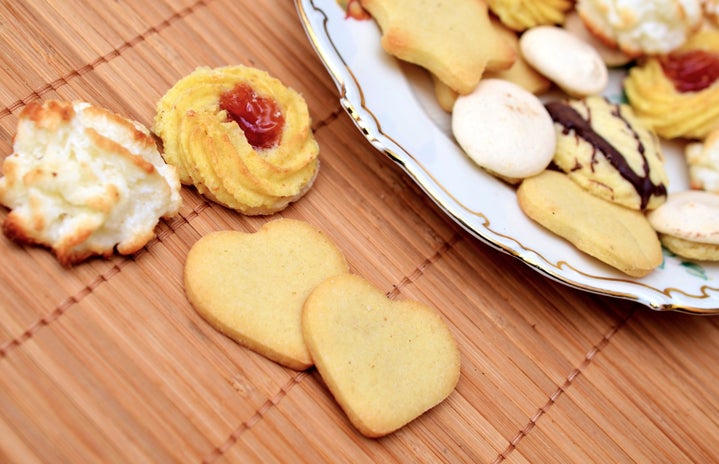Ah, Christmas. It’s the most wonderful time of the year: in the countries where it is observed, Christmas is generally spent eating lots of good food in the company of our friends and family. Yet, as a Spaniard who moved abroad, I have started to appreciate the quirky (and sometimes downright weird) ways in which Christmas is celebrated in our little Southern European country.
1. Watching children sing out lottery numbers
On December 22, the national Christmas Lottery takes place, signaling the beginning of the Christmas season. Despite the slim chances of winning, Spaniards buy tickets in droves. The draw is broadcast on national television and little kids from the San Ildefonso school are in charge of singing (yes, singing) the number as well as the amount of money it won.
And when it turns out, surprisingly, that we haven’t won anything, we comfort ourselves by saying that the important thing is that we’re healthy.
2. Eating 12 grapes to welcome the New Year
December 31st is called Nochevieja, which means “Old Night”. The last night of the year brings with it a feeling of excitement for the year that is about to start. And, in Spain, we take good luck very seriously: the traditional way to start the New Year in good luck is by eating 12 grapes with every strike of the clock at midnight. The clock in Madrid’s central square, Puerta del Sol, is broadcast live in every channel so every Spaniard can eat their grapes at the same time.
It is admittedly a bit annoying to wish your family a Happy New Year while still chewing on your grapes, but so worth it!
3. Getting your presents later than everybody else
Traditionally, it is the three Magi of Orient who bring gifts to Spanish children on January 6th, Epiphany Day. It is increasingly common though, for Papá Noel (Santa Claus) to also make a visit on Christmas Day, but some families still follow the original tradition. This means that, when people elsewhere are already bored of their Christmas gifts, some of us Spaniards are still anxiously waiting to see what we’ll get.
On January 5th, there are parades in every city; it’s a great opportunity for children to meet the Three Kings and welcome them after their long journey. Then, in the evening, leave our best shoes out, usually in the living room, so the Magi know where to leave their gifts.
After opening our presents in the morning of January 6th, breakfast is served: Roscón de Reyes! This ring-shaped pastry also has a few gifts and figurines hidden inside it. If you find the king, you get to wear a paper crown that comes with it! And if you get a broad bean, that means you need to pay for it. It’s nerve-wracking.
4. Singing carols about fish drinking in the river
All throughout Christmas, and much like elsewhere in the world, Christmas carols are literally everywhere. Yet Spanish Christmas songs are really something else: they don’t make any sense. Let’s take, for example, Los Peces en el Río:
Its lively chorus tells us about the fish in the river drinking in order to be able to see God, who has just been born. Other notable songs include a donkey on her way to Bethlehem loaded with chocolate , an old lady who’s approaching with some Christmas money, or baby Jesus telling Joseph that he has a prickly beard. They may be weird, but they’re fun to sing, and that’s what counts!
Would you like to learn more about Christmas elsewhere? Let us know via Facebook, Twitter, or Instagram!



